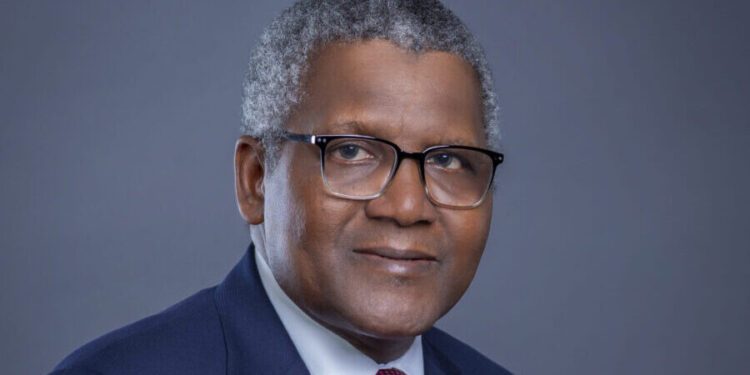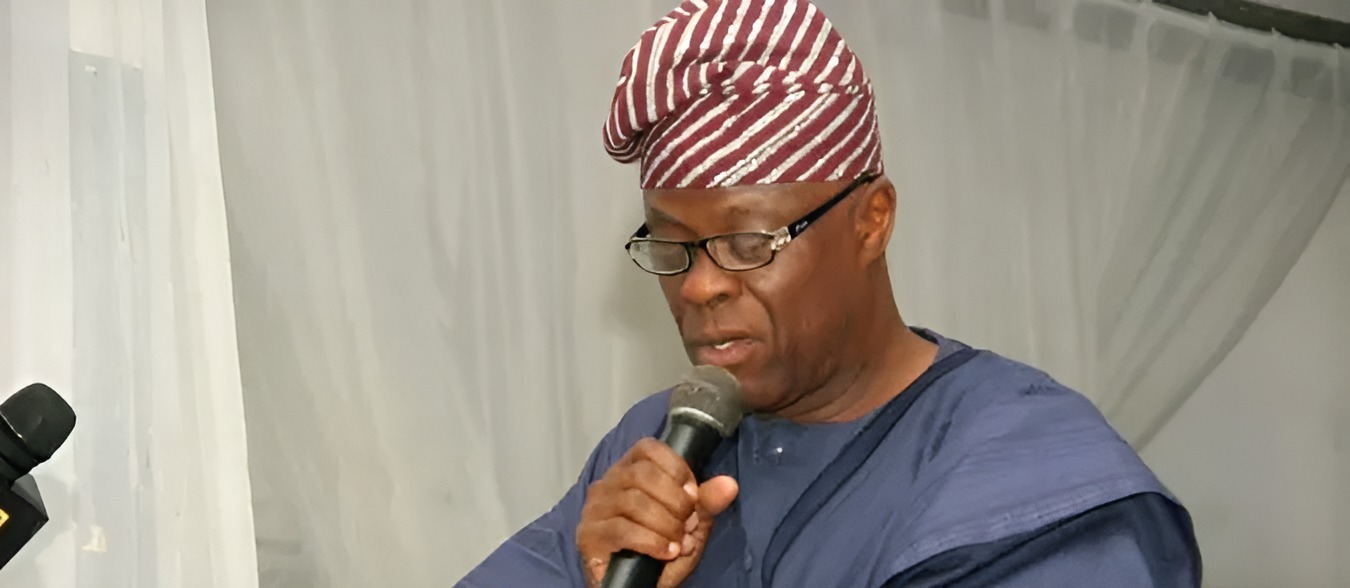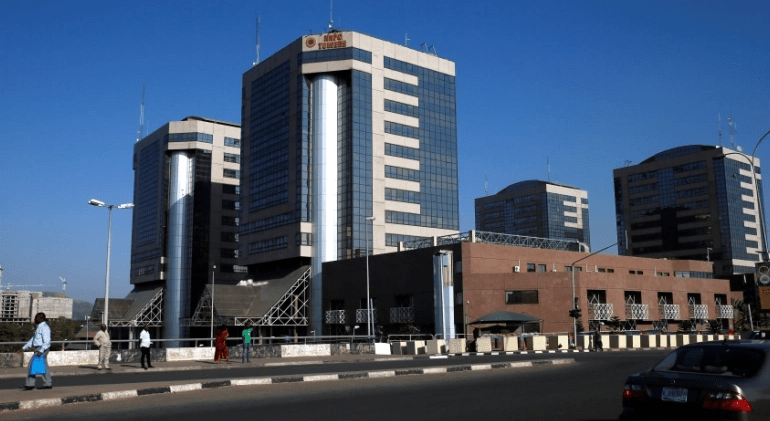In the Supreme Court of Nigeria
Holden at Abuja
On Friday, the 31st day of January, 2025
Before Their Lordships
Uwani Musa Abba Aji
Chioma Egondu Nwosu-Iheme
Obande Festus Ogbuinya
Habeeb Adewale Olumuyiwa Abiru
Mohammed Baba Idris
Justices, Supreme Court
SC/415/2011
Between
DAGAZAU CARPETS LIMITED APPELLANT
And
1. BOKIR INTERNATIONAL COMPANY LIMITED RESPONDENTS
2. MR DIPO ONIFADE
(Lead Judgement delivered by Honourable Mohammed Baba Idris, JSC)
Facts
The 1st Respondent filed an Originating Summons at the High Court of Kaduna State, claiming inter alia against the Appellant and the 2nd Respondent, a declaration that all the moveable property listed in the Schedule to the Sale Agreement annexed as Exhibit B to the affidavit are vested in the 1st Respondent; a declaration that all the land measuring 53.92 acres situate at Kaduna Bye Pass and covered by Certificate of Occupancy No. NC 7514 registered as No KDR 96 at Page 96 in Volume 25 at the Kaduna State Land Registry are vested in the 1st Respondent.
The case of the 1st Respondent as Claimant was that the Appellant – a company in receivership, acting through its receiver/manager – the 2nd Respondent, sold the subject moveable property and land to the 1st Respondent. The 1st Respondent claimed that despite having paid the full purchase price to the Appellant, the Appellant failed to handover the moveable property and land to the 1st Respondent. The trial court heard arguments of Counsel in respect of the Originating Summons, and granted the orders sought by the 1st Respondent.
Aggrieved, Alhaji Tijani Dagazau, who was not a party at the trial court, appealed to the Court of Appeal after being granted leave to appeal as an interested party. Alhaji Tijani Dagazau was the 1st Appellant, while the Appellant was the 2nd Appellant; however, Alhaji Tijani Dagazau died while proceedings were still pending before the Court of Appeal. After hearing the appeal, the Court of Appeal dismissed it. Thereafter, the Appellant lodged a further appeal at the Supreme Court. The parties filed and exchanged their respective briefs of argument.
The 1st Respondent also filed a Notice of Preliminary Objection challenging the competence of the appeal, which was argued in its brief of argument. The grounds of the preliminary objection were that: (a) the Appellant’s Counsel had no locus to commence the appeal for the Appellant and on behalf of Alhaji Tijani Dagazau who had been deceased long before the appeal was commenced, or to appear in representation of the deceased; (b) The Appellant was estopped by deed under Section 169 of the Evidence Act, 2011; (c) The Appellant was estopped by a consent judgement; (d) the appeal was not authorised by a proper party in the person of the Alhaji Tijani Dagazau who was since deceased, and at whose instance the appeal at the Court of Appeal was commenced; and (e) The 2nd Respondent, being the receiver, is the proper person to sue on behalf of the Appellant and not the Company itself.
Resolution of 1st Respondent’s Notice of Preliminary Objection
The Apex Court considered the following issue in its determination in 1st Respondent’s Notice of Preliminary Objection:
Whether the firm of J. B. Daudu & Co., the Counsel for the deceased 1st Appellant at the lower court, has the locus to appear for the Appellant in the instant appeal.
Arguments
It was argued by Counsel for the 1st Respondent, that Counsel on record purportedly acting on behalf of the Appellant did not have the locus or proper instructions to initiate and prosecute the instant appeal on behalf of the present Appellant, as Alhaji Tijani Dagazau, the 1st Appellant at the lower court whom they represented, had died. It was further argued that the right of appeal invoked by the late Alhaji Tijani Dagazau was a personal right which was exercised before the hearing of the appeal at the Court of Appeal before he died, and his Counsel failed to bring this to the knowledge of the court as against Order 15 Rule 1 of the Court of Appeal Rules and Rules 15(3)(b); 15(3)(c) and 15(3)(e) of the Rules of Professional Conduct 2007. Counsel also argued that the 2nd Respondent is the proper person to sue on behalf of the Appellant in the instant case and not the Company itself or J. B. Daudu & Co., who was the Counsel on record for the 1st Appellant at the lower court. Reference was made to the case of INTERCONTRACTORS (NIG) LTD v U.A.C. (1988) 2 NWLR (PT. 76) 303.
In response, Counsel for the Appellant argued in their reply brief of argument filed in response to the 1st and 2nd Respondent’s brief and the 1st Respondent’s Notice of Preliminary objection, that a party such as the Appellant, who has been granted leave to appeal as an interested party, needs no other permission from any person to further appeal a decision emanating from the same case he has been granted leave to appeal in. Counsel argued further that the Appellant who was the 2nd Appellant at the lower court has the constitutional right to appeal the lower court’s decision to protect its interest, and that the only person who can challenge an instruction to Counsel is the party the Counsel holds himself to act for.
Court’s Decision on Notice of Preliminary Objection and Rationale
The Supreme Court held that the right to appeal may survive a deceased party to a cause or matter, but such right must be exercised by a living person or persons. The Apex Court referred to its decision in NIGERIAN NURSES ASSOCIATION & ORS v A-G, FEDERATION (1981) LPELR – 2027 (SC). The Court held that when the 1st Appellant at the lower Court – Alhaji Tijani Dagazau died, the right he had when he brought the appeal at the lower court died with him, and when it came to the knowledge of the lower court that the 1st Appellant had died, the court should have made the necessary pronouncement in that regard. The Court also held that the Appellant ceases to act personally with the appointment of the 2nd Respondent as receiver; thus, the appeal with the Appellant as the 2nd Appellant in its capacity at the lower court becomes incompetent.
The Court held further that the problem did not lie in the Counsel representing the Appellant in the instant appeal, since the Appellant is not disputing its instruction to the Counsel to represent it, particularly as the same Counsel had acted on behalf of the Appellant as 2nd Appellant at the lower court; and if the Appellant chose to retain the service of the Counsel, the court cannot dispute it. However, the problem lies with the capacity of the Appellant in this appeal which has no locus standi to file the appeal in the first place, and was in fact not a proper party to the appeal at the lower court, upon the appointment of the 2nd Respondent. The Court found on the whole that, there was merit in the 1st Respondent’s preliminary objection and the appeal as constituted is incompetent and not maintainable.
The 1st Respondent’s Notice of Preliminary Objection was thus, Sustained.
Notwithstanding the finding of the Supreme Court on the 1st Respondent’s Notice of Preliminary Objection, the Supreme Court still proceeded to address issues raised in the main appeal which it considered substantial.
Issues for Determination in Main Appeal
1. Whether the judgement and orders of the Court of Appeal in this matter are not a nullity as the court heard the appeal and delivered the judgement with the knowledge that Alhaji Tijani Dagazau, the 1st Appellant, was dead.
2. Having regard to the reliefs sought in the originating summons which is for declaration of title to land, possession thereof and of moveables thereon, whether the originating procedure was lawful in the circumstances.
3. Whether the decision of the court below was correct, to the effect that the absence of viva voce evidence did not vitiate the proceedings relating to declaratory reliefs over the property before the High Court and by extension, the entire proceedings.
4. Whether the Court of Appeal was correct in law when it held that the cause of action though rooted in the acts of a receiver over the assets of a company in receivership, was properly adjudicated upon by the Kaduna State High Court instead of the Federal High Court.
5. Whether the Court of Appeal was in error when it failed to hold as argued before, it that the 2nd Respondent ought to have obtained the leave of the Federal High Court to defend action in his capacity as receiver.
Court’s Judgement and Rationale
On the 1st issue, the Apex Court maintained its position in its finding on the 1st Respondent’s Notice of Preliminary Objection. The Court held further that the judgement of the Court of Appeal was a nullity because the 1st Appellant at whose instance the appeal was filed died during the pendency of the appeal, and secondly, because the Appellant as 2nd Appellant before the lower Court was not a proper party being a party purporting to appeal in its name instead of showing that it is a party through receivership.
On the 2nd and 3rd issue, the Apex Court held that originating summons procedure involves a situation where the evidence in the main, is by way of documents and there is no serious dispute as to their existence in the dealings of the parties to the suit, and in such a situation what a Plaintiff is claiming is a declaration of his rights. The Supreme Court held that in the case at hand, there were no material facts from the affidavit in support of the Originating Summons that required resolution by calling of oral evidence, because the 1st Respondent had provided adequate documentary evidence in support of its application.
On the 4th issue, the Apex Court held that the case of the 1st Respondent which was for the court to make a pronouncement to affirm its true position by its agreement with the Appellant acting in receivership, was a matter of simple contract. The Court held that Section 251 of the 1999 Constitution as amended which prescribes the matters in which the Federal High Court can exercise jurisdiction does not cover simple contract and/or negligence emanating from such a contract such as the instant matter.
On the 5th issue, the Court held that there is nowhere in the Company and Allied Matters Act where a receiver not appointed by the court such as the 2nd Respondent, should apply for and obtain the leave of court to sue or defend.
The Supreme Court resolved all the issues in the main appeal in favour of the Respondents.
Appeal Dismissed.
Representation
J. B. Daudu, SAN with A. Adedeji, SAN and others for the Appellant.
J. K. Gadzama, SAN and others for the 1st Respondent.
A. V. Etuwewe, SAN and others for the 2nd Respondent.
Reported by Optimum Publishers Limited, Publishers of the Nigerian Monthly Law Reports (NMLR)(An affiliate of Babalakin & Co.)




